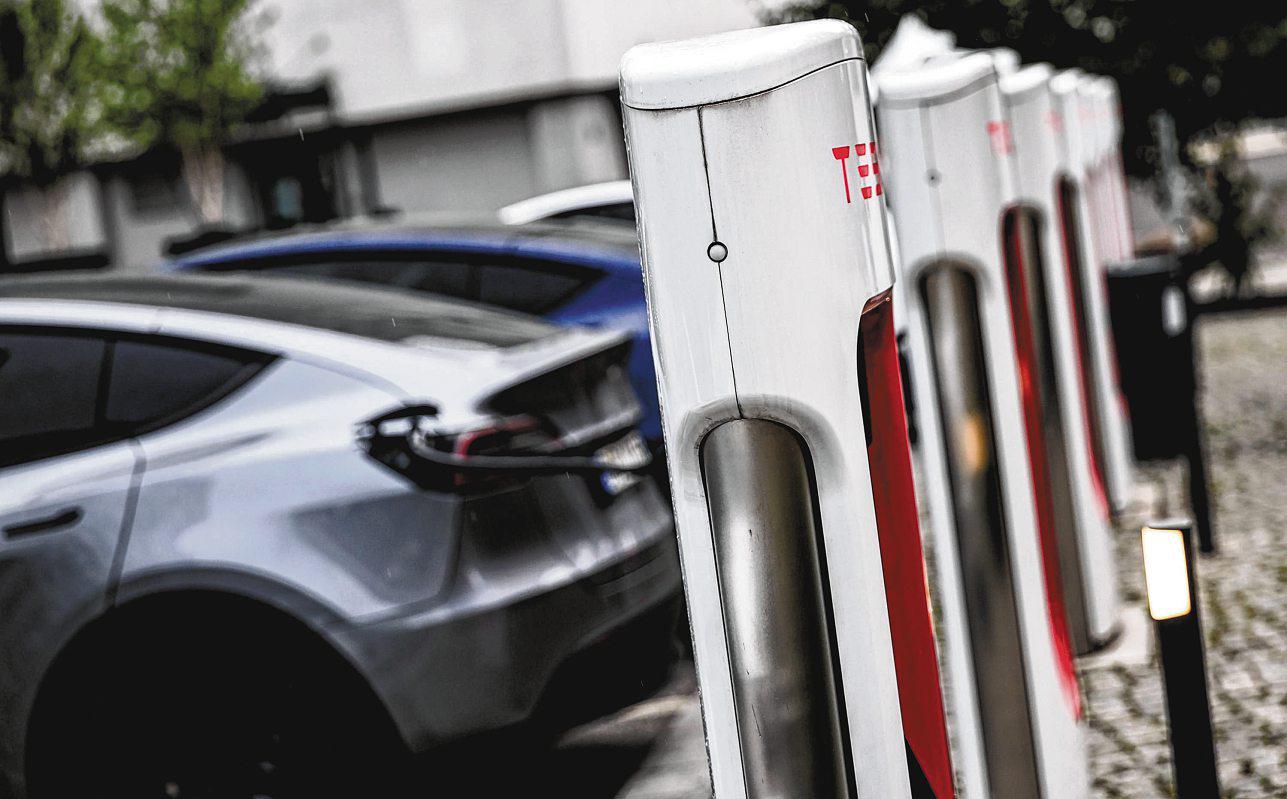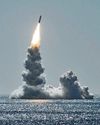कोशिश गोल्ड - मुक्त
From Tesla to Microsoft, companies are going vertical again
The Straits Times
|July 28, 2025
Political turmoil and the rise of 'super-companies' are pushing this trend.

Much of the history of the modern corporation could be written in terms of two slogans: Ford's "From mine to finished car: one organisation", and Apple's "Designed in California, assembled in China". And much of its history in the coming years will be determined by the fading of the second of these slogans and the reassertion of the first.
In the century after 1870, corporations were shaped by vertical integration—the desire to bring as much of the production process as possible under the same umbrella. John D. Rockefeller not only owned a barrel-making factory (which, in 1888, saved him US$1.25 a barrel at a time when he was using 3.5 million barrels a year) but also owned the forest that provided the wood. Ford's giant River Rouge plant in Dearborn, Michigan, was designed to take raw materials at one end and churn out Model Ts at the other end. Ford even built a town in Brazil, modestly named Fordlandia, to provide him with a secure source of rubber for its tyres.
All this began to change in the 1970s with the cult of "focus" and "core competences". Apple got its business model from Nike, which designed its shoes in Oregon and contracted everything else out to cheap workers in the emerging world. Management gurus sang the praises of "virtual corporations" that owned nothing and relied entirely on contract workers.
The pendulum is swinging back to vertical integration once again. If Nike was the poster company of the 1980s, China's BYD, a battery maker that now controls lithium mines, owns carrier ships and manufactures electric cars, is the poster child of the coming era.
The obvious reason for this is political turmoil. The World Uncertainty Index shows that baseline uncertainty has more than doubled since 1990, and that "high uncertainty" events are getting more frequent and "uncertainty spikes" getting higher.
यह कहानी The Straits Times के July 28, 2025 संस्करण से ली गई है।
हजारों चुनिंदा प्रीमियम कहानियों और 10,000 से अधिक पत्रिकाओं और समाचार पत्रों तक पहुंचने के लिए मैगज़्टर गोल्ड की सदस्यता लें।
क्या आप पहले से ही ग्राहक हैं? साइन इन करें
The Straits Times से और कहानियाँ
The Straits Times
AI use could make us ‘subcognitive’
AI threatens students’ most basic skills. If they lose their ability to understand what they read, will they lose their ability to think?
4 mins
October 31, 2025
The Straits Times
Clean tech can scale up with state support, blended finance: Panel
Such technologies are on the rise across Asean as countries seek to reduce emissions
4 mins
October 31, 2025
The Straits Times
Nearly 700 more children fall ill in Indonesia after eating free school meals
The Indonesian authorities are investigating food poisoning cases involving nearly 700 children in Yogyakarta province this week, after students ate meals prepared under President Prabowo Subianto’s key free school meal programme, an official said.
1 mins
October 31, 2025
The Straits Times
Lim Boon Heng takes 'ultimate responsibility' on failed Allianz-Income union
He and NTUC Enterprise board admit that the offer could have been managed better
3 mins
October 31, 2025
The Straits Times
VACHEROT MASTERS TOUGH MOMENTS
2025’s surprise package happy with how he handled pressure points in win over Norrie
2 mins
October 31, 2025
The Straits Times
TNP merges with Stomp
Refreshed website aims to better resonate with younger audience, attract new readers
3 mins
October 31, 2025
The Straits Times
Malaysia considers live monitoring of school CCTV footage by police
Malaysia's Home Ministry is considering a proposal to link school CCTV systems to the police to enable real-time monitoring and enhance security.
1 mins
October 31, 2025

The Straits Times
Trump asks Pentagon to immediately resume testing nuclear weapons
He says it is necessary to keep up with rivals; Russia and China criticise move
2 mins
October 31, 2025
The Straits Times
Over 350,000 have registered for QR code system at JB checkpoints
More than 350,000 people have registered for the National Integrated Immigration System (NIISe) to use QR code lanes at the Johor-Singapore border.
1 mins
October 31, 2025
The Straits Times
Don't forget human touch as SG60 exhibitions go digital
I recently attended the SG60 exhibition at the Orchard Library. While I appreciate the initiative to celebrate Singapore's 60 years of progress, I would like to share some sincere feedback and suggestions for improvement.
1 mins
October 31, 2025
Listen
Translate
Change font size

